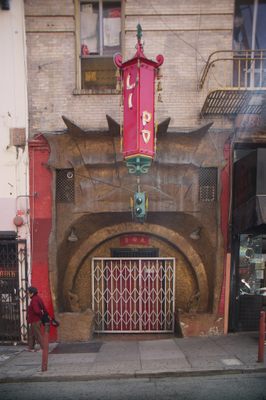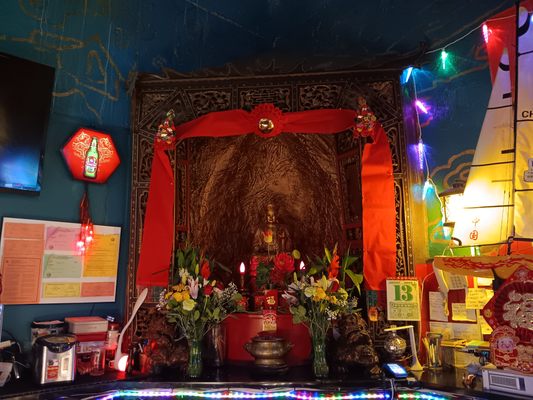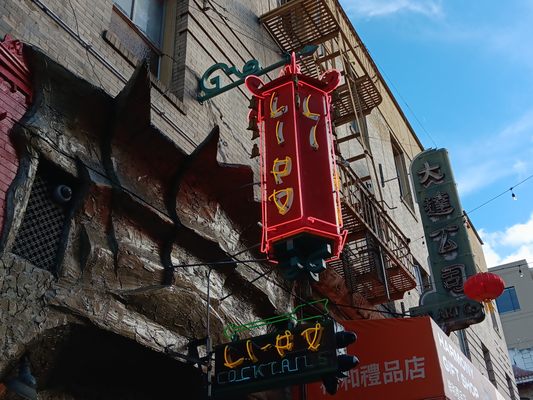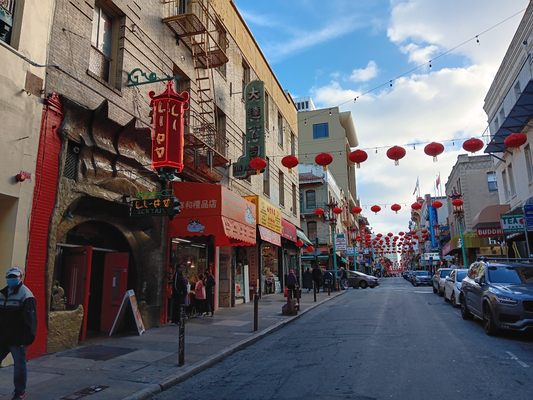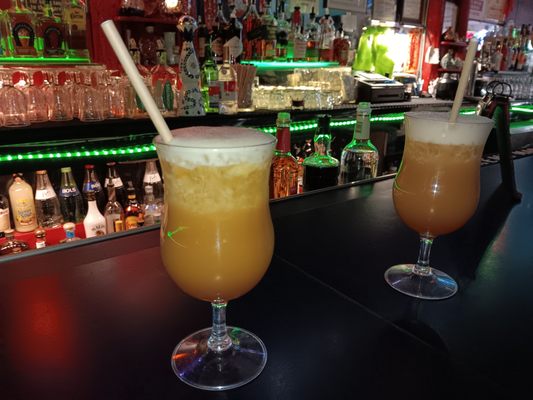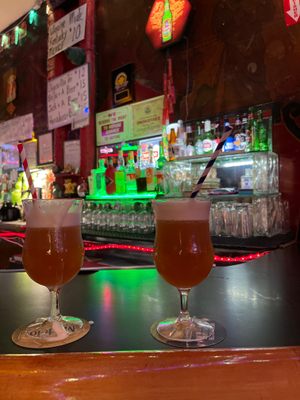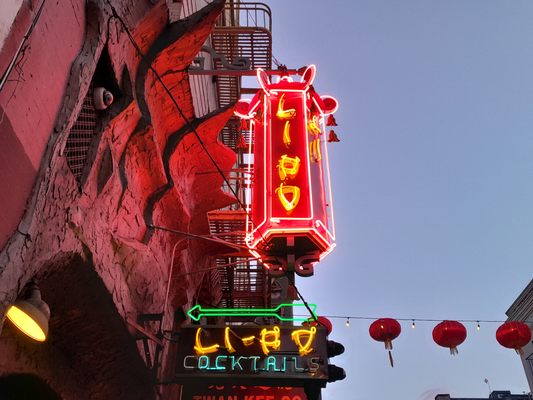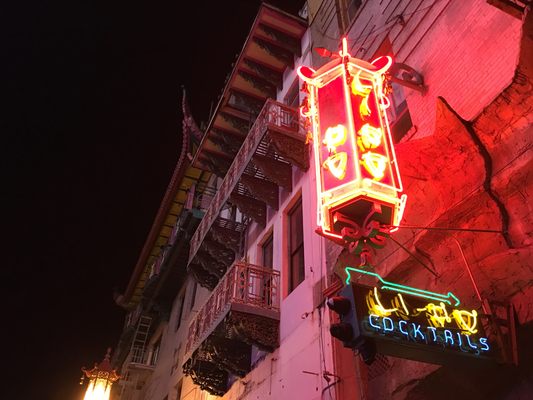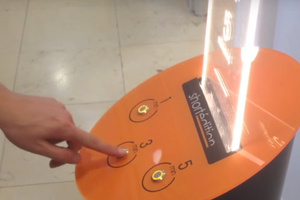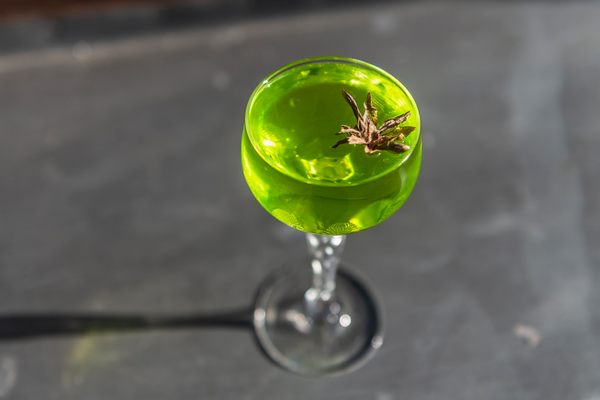About
On Grant Avenue in San Francisco, a kitschy neon sign glows with the words Li Po. It might not look like much, but it's welcoming passersby to one of the last remnants of the city's largely forgotten Chinese nightclub scene.
From the 1930s through 1960s, these nightclubs were a fixture in San Francisco. They often featured Chinese-themed decor and young Chinese-American dancers who would take to the stage in stereotypical costumes, before revealing skimpier outfits for their routines. The clubs were geared toward white Americans, who found the whole thing exotic—even though most of the shows featured popular American songs and food.
The nightclubs surged in popularity during World War II, when GIs were stationed in San Francisco prior to deployment. By the mid-1960s, many of the clubs had closed down. But Li Po remained. Back then, it was a cocktail lounge rather than a nightclub, but it was still very much part of the Chinatown nightlife scene.
Today, Li Po is considered a dive bar, but one with a very distinct atmosphere and appearance. According to Trina Robbins, author of Forbidden City: The Golden Age of Chinese Nightclubs, Li Po is the only club that still looks like it did back in the day. In an interview with Collectors Weekly, she said, “Absolutely everything is the same as it was back in 1937 when it opened.”
From the street, Li Po is recognizable for its cave-like entrance, where a set of red-lacquered double doors sit in a frame of rocks. Then there’s the 70-year-old neon lantern that hangs above the entrance, a rare hexagonal sign that appeared briefly in the 1947 film The Lady from Shanghai. For years, the iconic lantern was a flickering, dilapidated sight, befitting of Li Po’s dive bar status. But in 2018, a grant allowed Li Po to restore the neon lantern, which now shines bright red with clearly visible lettering.
Inside, there’s a wraparound bar, a scattering of faded red-leather booths, a golden Buddha statue, and Chinese lanterns dimly illuminating the space. The comfortable, no-nonsense setting charmed the late Anthony Bourdain, who featured Li Po in the San Francisco episode of The Layover. But it wasn’t the ambiance alone that impressed Bourdain: It was also Li Po’s notoriously lethal mai tais.
Related Tags
Know Before You Go
It’s $12 for a mai tai, which is all you really need to know.
Community Contributors
Added By
Published
March 20, 2020
Sources
- https://sfneon.org/li-po.html
- http://lipolounge.com/index.htm
- https://www.npr.org/sections/codeswitch/2015/03/14/392554991/these-nightclub-entertainers-paved-the-way-for-asian-americans-in-showbiz
- https://www.collectorsweekly.com/articles/when-chinatown-nightclubs-beckoned-hollywood/
- https://www.miaminewtimes.com/restaurants/anthony-bourdains-the-layover-i-left-my-liver-in-san-francisco-a-recap-6578322
- https://sf.eater.com/2018/11/6/18068442/li-po-cocktail-lounge-sign-restored-neon-san-francisco-chinatown


